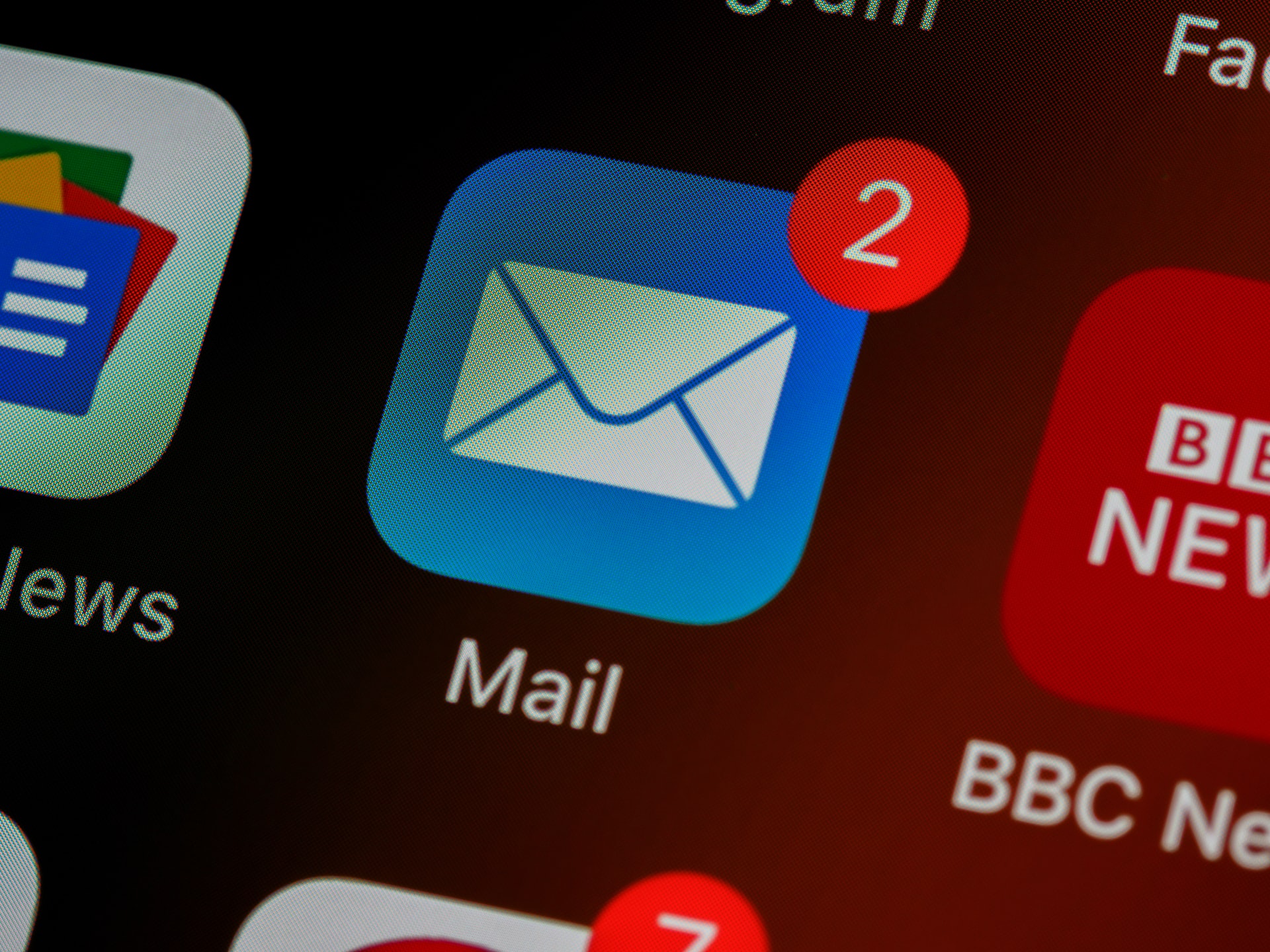
Consumers are having difficulty spotting the dfference between emails written by humans and those constructed by AI.
This is according to a recent survey into AI brand communications, commmissioned by email marketing specialist Instiller, following the exponential growth of AI-language tools like ChatGPT.
The company wanted to know if AI-generated marketing is actually undetectable, and the results are telling.
After asking a panel of consumers to identify whether an email was AI generated, or human generated, Instiller found three key findings:
3 Key Findings for Brand Email Marketing and Comms
- 1 in 2 people CAN’T Spot a Fake Email
Overall, one in two people were unable to guess the difference between AI and human-generated marketing copy, with more incorrectly guessing that the copywriter’s emails were AI (52%) than vice versa (48%).
- Gen Z is more likely to spot an AI generated email
Those aged 18 to 24 (which made up 14% of respondents) were much better than other age groups at spotting AI-generated emails, guessing correctly more than half the time (53.7%). Clearly, generation Z is more acutely aware of the differences between AI copy, and copy written by a human.
- Less than a THIRD show concern for AI use in brand comms
The majority of people (73%) were unphased about the idea of AI-generated marketing and communication campaigns. But, interestingly, the younger Gen Z respondents (18-24) had the biggest problem with receiving AI-generated brand communications, with nearly 40% voting “yes”, reflecting the notion that Gen Z wants authenticity from brands and businesses.
Adrian Toal, co-founder of Instiller, said: “Consumers are torn, as we can see from the results, meaning the distinction between AI-generated content, and content created by humans, is becoming more and more indiscernible. This makes AI a useful addition to any email marketer’s arsenal.”
He recommends, however, that marketers be mindful of comms with younger generations, adding: “The results clearly demonstrate the need for an element of authenticity to appeal to the audience of the future. Without the emotion, empathy and personalisation that AI simply can’t deliver, email marketing would lose its human touch.”
Further findings:
- People living in the North East were the worst at spotting AI generated emails
- Unsurprisingly, those aged 55 to 64 were the worst at spotting AI-generated emails
- 55 to 64 year olds least likely to care about AI being used in advertising, with just 20% saying they were unhappy about it
- Only one in 4 respondents said they would mind the use of AI in brand communications
Interested in hearing leading global brands discuss subjects like this in person? Find out more about Digital Marketing World Forum (#DMWF) Europe, London, North America, and Singapore.







